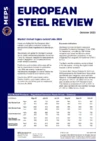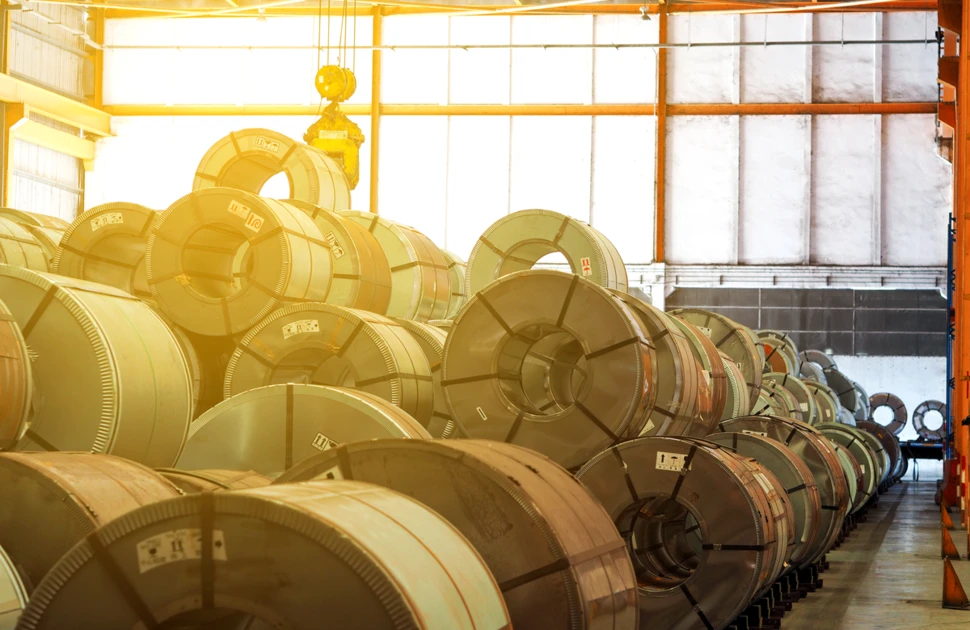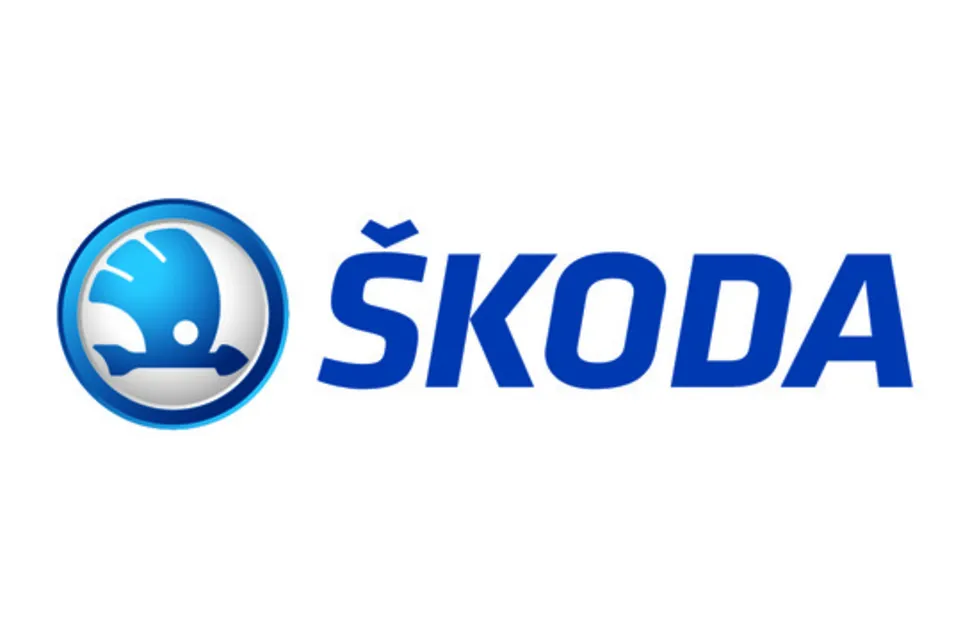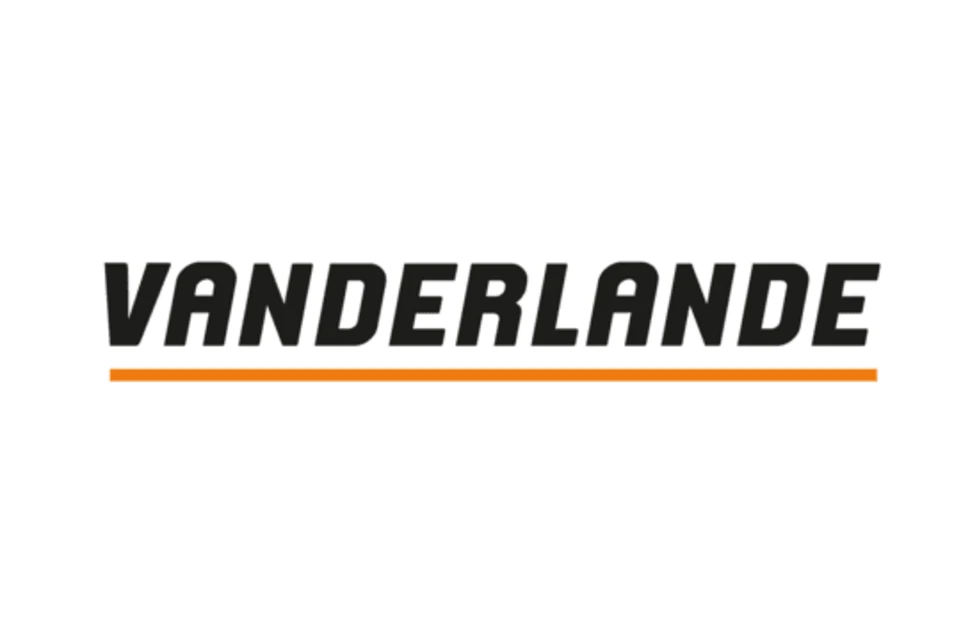Steel prices surge as war in Europe disrupts supply chains
The war in Ukraine has created an unprecedented situation in the European steel market.
Prior to Russia’s invasion, EU steel producers were attempting to lift prices due to high costs, particularly for energy, but the success of the initiative was mixed. Coil stocks were high, and gaps were reported in the mills’ order books. Distributors’ resale values were under negative pressure.
Nonetheless, the demand outlook was positive. Import competition was abating. Expectations of a pickup in Chinese market activity, after the Lunar New Year holidays, were boosting sentiment.
Following the commencement of miliary action, market conditions changed rapidly. European steelmakers retracted their quotations, as they evaluated how much they would be able to produce and at what price.
Faced with unknown costs, mills adopted the policy of releasing limited volumes, for short-term production, before withdrawing from the market. Each time this was repeated, price offers rose significantly. Consequently, most distributors and service centres conducted limited purchasing.
Approaches to procurement were varied, amid the market upheaval. Some customers panic-bought, while others adopted “wait and see” positions.
In France, many distributors report being overwhelmed with new orders. Their customers had previously delayed their purchases because they anticipated further price reductions. They subsequently attempted to obtain as much material as possible, fearing that supply shortages and a sharp upward price trend would develop.
Conversely, Italian stockholders indicate that most buyers are purchasing cautiously, amid the extremely uncertain market situation. Many end-users are refusing to procure material, due to the very high level of finished steel prices.
A number of European distributors suggest that they are switching to “back to back” deals, in an attempt to reduce the risk of ordering for stock purposes. However, several mills are now implementing retroactive energy surcharges, meaning that previously agreed prices are no longer secure.
Related Articles
Intro War returns to Europe - What does it mean for steel buyers?
Part 1 War returns to Europe - How will it affect steel supply?
Part 2 War returns to Europe - How will it affect steel feedstock?
Part 3 War returns to Europe - How will it affect steel demand?

Source:
European Steel Review
The MEPS European Steel Review is an informative, concise and easy-to-use monthly publication, offering unique professional insight into European carbon steel prices.
Go to productRequest a free publication





